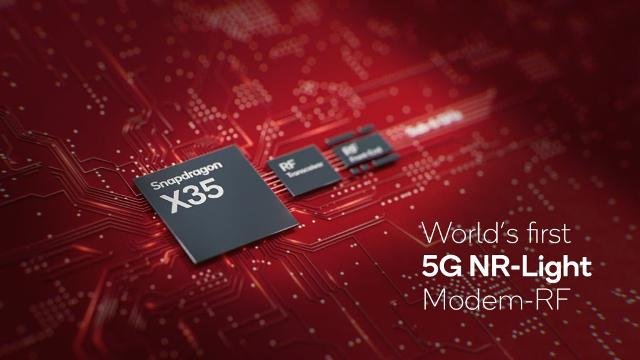In a move aimed at reinforcing its supply chains, Apple has entered into a new agreement with Qualcomm, a leading designer of modem chips, to supply 5G chips for its iPhones until at least 2026. This renewed partnership comes at a time when Apple faces increased challenges in the Chinese market and looks to strengthen its supply chain capabilities worldwide.
 Qualcomm specializes in designing modem chips that connect smartphones to mobile data networks, making it a crucial player in the industry. Previously, Qualcomm and Apple were embroiled in a prolonged legal battle that was eventually settled in 2019, leading to a chip supply agreement. However, this initial supply deal is set to expire this year, making the upcoming iPhone release the last under that agreement.
Qualcomm specializes in designing modem chips that connect smartphones to mobile data networks, making it a crucial player in the industry. Previously, Qualcomm and Apple were embroiled in a prolonged legal battle that was eventually settled in 2019, leading to a chip supply agreement. However, this initial supply deal is set to expire this year, making the upcoming iPhone release the last under that agreement.
Under the new accord announced on Monday, Qualcomm will provide Apple with chips for its iPhones annually until 2026. While the exact financial terms of the deal were not disclosed, Qualcomm stated that they are “similar” to the previous agreement.
Analysts at UBS estimated in a research note on August 3 that Qualcomm sold approximately $7.26 billion worth of chips to Apple in 2022.
Qualcomm also confirmed that a patent licensing deal signed with Apple in 2019 remains in effect, with an expiration date in 2025 and the option to extend it for an additional two years.
Susannah Streeter, Head of Money and Markets at Hargreaves Lansdown, noted, “At a time when Apple is running into increasing challenges in China, reinforcing its supply chains elsewhere is a priority, and it appears the company is rolling back or at least delaying plans to go at it alone in more areas with its own chip production.”
While Apple has been working on developing its own modem technology and acquired Intel’s modem unit for $1 billion in 2019, it has not specified the timeline for increasing the use of its proprietary chips.
Qualcomm’s financial projections anticipate that only a fifth of Apple’s iPhones will incorporate its chips by 2026. However, a similar projection made by Qualcomm in 2021 proved to be overly conservative, as all iPhone 14 models released last year used Qualcomm modems.
Qualcomm’s Chief Financial Officer, Akash Palkhiwala, has recently expressed expectations that the “vast majority” of the 2023 iPhones, set to be released this week, will feature Qualcomm modems, Reuters news report said.
An IDC report earlier said it expects iOS shipments to see 1.1 percent growth in 2023 to reach an all-time high share of 19.9 percent as iOS continues to remain more resilient to macro challenges than Android, which is forecast to decline 6 percent this year.
“During a time when the entire market is struggling, it speaks volumes to once again see Apple going the opposite direction,” said Ryan Reith, group vice president, Mobility and Consumer Device Trackers at IDC. “Attractive trade-in offers and on-going expansion of ‘buy now, pay later’ programs have helped the premium segment of the market more than anything, especially in more developed markets.”
